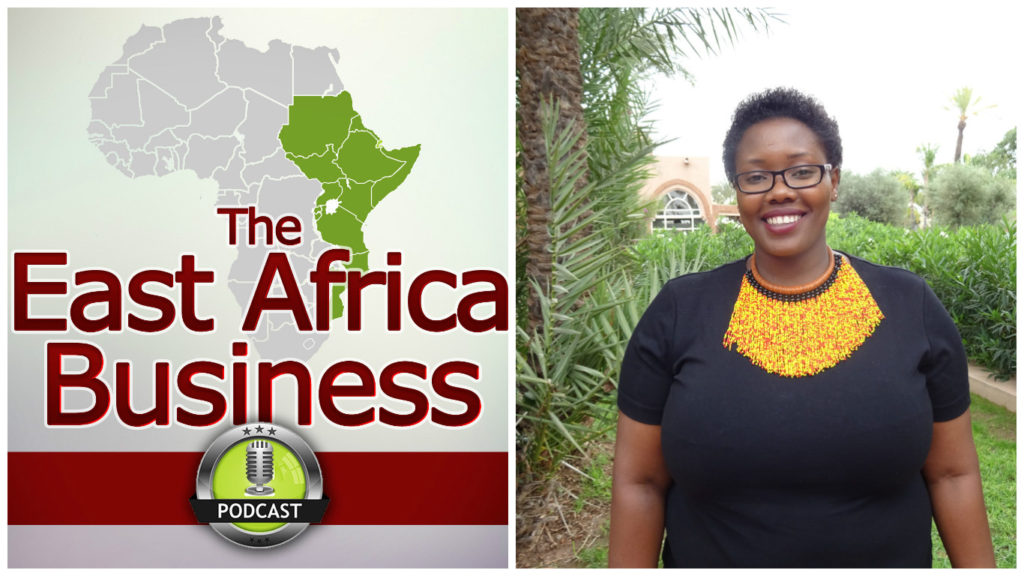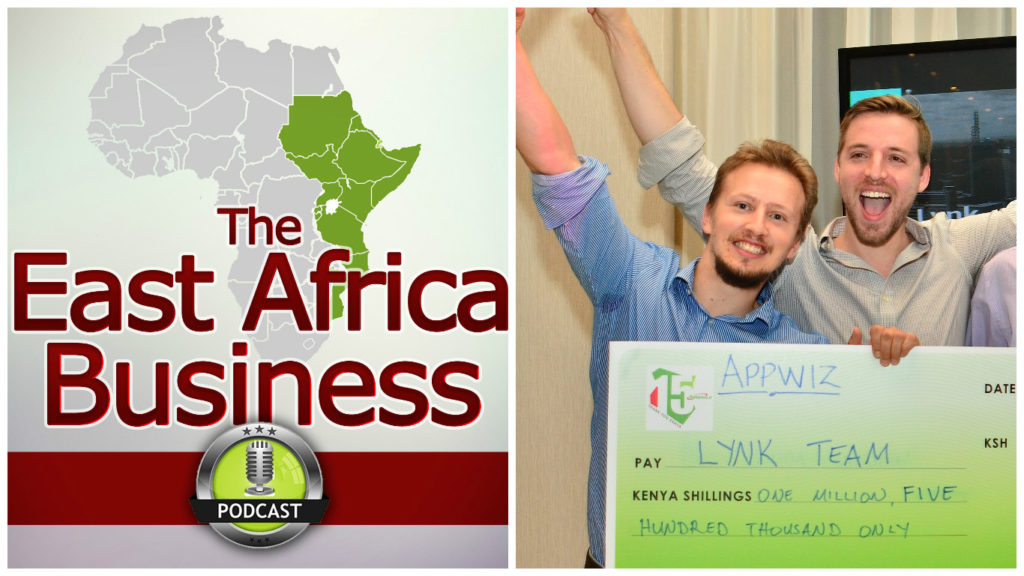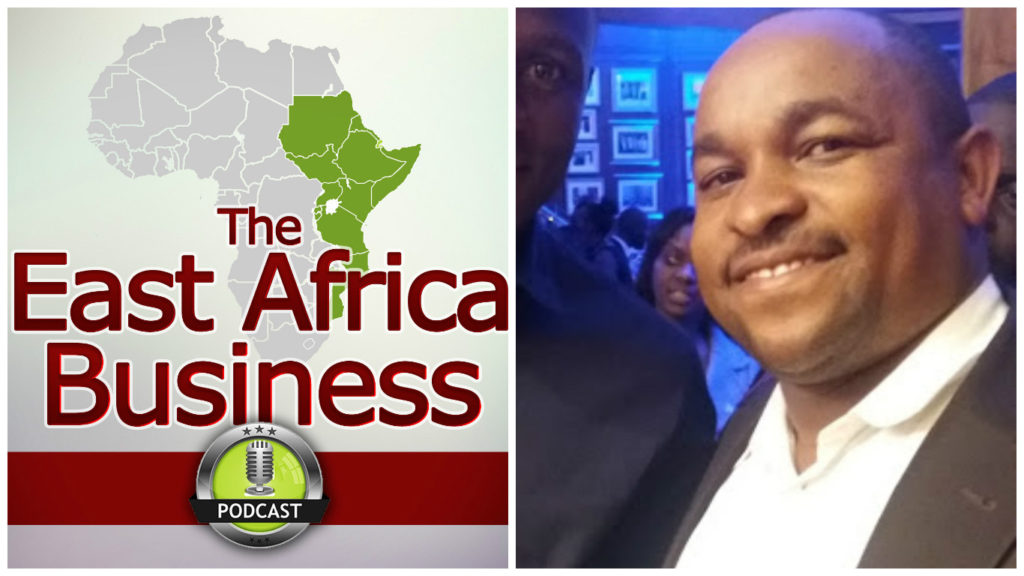Overview
Smallholder farmers are the majority of the East African population, but there are many issues that they face.
Rose, who founded Agrinfo, is using ICT to help. Identifying some key problems for Tanzanian farmers she and her team are looking to improve the agriculture sector by utilising modern technology.
We discuss the low number of farmers with legal right to their land, the process for mapping Tanzania and the benefits that come by knowing what is planted where.
There’s a bird tweeting outside the window at the beginning of the episode, and so apologies if you find that distracting.
Sign up below to hear whenever there are new stories and episodes released on the podcast
Here are some of the key quotes:
“We use ICT to solve challenges for small-holder farmers”
We consider ourselves a technology company and work backwards from the problems which farmers have told us.
“A big challenge is land”
Only 10% of farmers are working on land that they are legally entitled to. Often the documentation isn’t in order.
“Surveying costs can be 3x the cost of land”
Professionals need to be hired and require them to go across the vast country. This often becomes so expensive that people aren’t able to afford to make a legal rights.
“We’re helping to solve this”
Agrinfo are adopting mobile technologies and getting the help of schoolchildren to undertake this work remotely, rather than the expensive status quo. We also look to include the whole village.
“We have a process around giving ownership of land”
This involves with going to the village, holding talks with the local government who then hold a village meeting and plan out the different boundaries throughout the area (where will be the hospitals/ schools etc.). The whole things takes 3 weeks.
“There are many many villages to map”
A large amount of the country isn’t fully mapped and so we see lots of opportunity across Tanzania.
“We also want to track what’s being planted”
Through asking farmers, we are looking to understand all of the crops which are being planted in different areas of the country.
“People will tell you what they have”
The exchange that I’ve seen work is that farmers are willing to say what it is they are planting by believing that it will lead to an increased likelihood of selling their produce.
“There are other problems”
For example, the cotton farmers now need to spray a new pesticide on their crop. This makes it difficult in terms of practicability.
“We make money”
Through a number of a services such as up front costs of doing the mapping. Our vision is that Agrinfo will become the Tanzanian Agriculture Google.
“Drones”
We’re looking forward to using drones to give advice on how much fertiliser they should use on their crops.
Social Media Follows etc.
USSD: kind of like an SMS
Website: www.agrinfo.co.tz
Facebook: AgrinfoTZ
Twitter: @AgrinfoTZ


